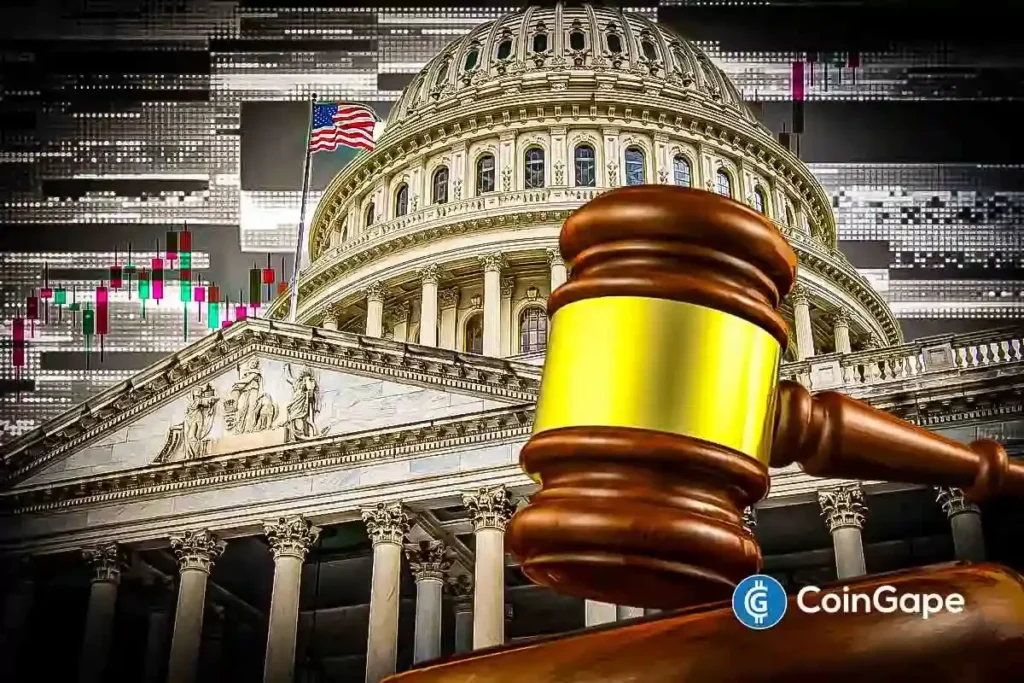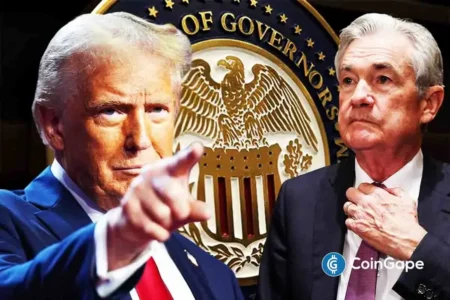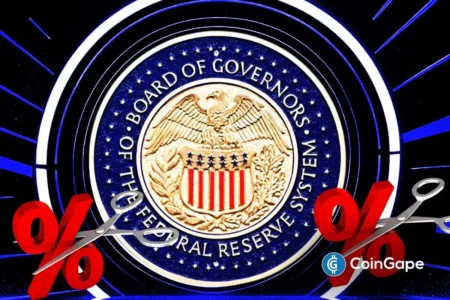The Crypto Market Bill: Accelerating Towards Approval
As the cryptocurrency landscape evolves, the legislative framework surrounding digital assets is becoming increasingly critical. Recently, significant progress has been made concerning the Crypto Market Bill, spearheaded by Senate Banking Committee Chair Tim Scott. This article explores the current trajectory of the bill, anticipated timelines for voting, the bipartisan nature of the legislation, and the pressure from industry leaders that is steering this effort forward.
Senate Committee Actions and Impending Votes
Senate Banking Committee Chair Tim Scott recently announced plans for both the Banking and Agriculture committees to mark up the Crypto Market Bill next month. Scott has been vocal about what he perceives as unnecessary delays caused by Senate Democrats. His comments underscore the urgency that is mounting around the bill, especially as formal voting is expected to follow soon thereafter.
Scott’s optimism indicates that the bill may advance early next year, a timeline that will be crucial for players in the crypto market. He expressed hope that both committees would collaborate efficiently to finalize the legislation. This dual-committee approach is pivotal for ensuring comprehensive regulation across multiple sectors impacted by digital assets.
Bipartisan Support: Key to Passage
Historically, earlier iterations of the Crypto Market Bill leaned more toward Republican preferences. However, the current version is expected to embrace a bipartisan approach—an essential strategy for successful passage in a divided Congress. This shift not only promotes coalition-building but also enhances the chances of convincing skeptics on both sides of the aisle.
According to journalist Eleanor Terrett, the Senate is aiming to mirror the House’s initiatives around the bill, thereby laying the groundwork for comprehensive regulation of digital assets. The bipartisan nature of this bill is critical not only for its passage but also for establishing a stable environment for cryptocurrency regulation, which many stakeholders have been advocating for.
Delays and Political Dynamics
Despite the optimism, the journey to enactment has not been without its hurdles. Scott had initially pledged to move forward with the Crypto Market Bill by the end of September, but delays ensued. He attributed these setbacks primarily to Democratic opposition, contending that they are reluctant to bestow a legislative triumph upon former President Trump. This political dynamic adds a layer of complexity to the process, highlighting how partisan considerations can impact essential legislation.
Scott’s assertion that Democrats are "stalling" is an assertion that reflects larger political tensions. The evolving narrative surrounding cryptocurrency offers insight into how stakeholders and lawmakers are grappling with the profound implications of digital assets on the American economy.
Industry Pressure and Timelines
The urgency surrounding the Crypto Market Bill is not merely a political maneuver but is compounded by increasing pressure from the industry itself. Notably, Coinbase CEO Brian Armstrong weighed in, suggesting that the momentum surrounding the legislation could lead to its passage as early as December. Industry leaders are acutely aware that clear regulations are necessary for fostering growth and innovation in the digital asset space.
Senator John Boozman echoed this sentiment, asserting that the Agriculture Committee is set to mark up the bill in early December. The shared urgency among lawmakers and industry stakeholders to finalize digital asset regulations is reflected in their collaborative efforts and alignment on key objectives.
Classification and Regulation of Digital Commodities
One of the key components under examination in the Crypto Market Bill is the classification of digital assets. Lawmakers are actively working on defining which cryptocurrencies fall outside of securities laws. This new classification will be vital for creating clear guidelines for both consumers and industry participants.
Establishing clear regulatory definitions not only helps in protecting investors but also positions the United States to potentially be a leader in the global cryptocurrency landscape. The role of the Commodity Futures Trading Commission (CFTC) in regulating digital commodities is an integral aspect of this bill, promising to create a structured approach toward managing cryptocurrency markets.
Conclusion: The Future of Crypto Legislation
In conclusion, the Crypto Market Bill is on a promising trajectory toward approval, with anticipated votes scheduled for next month. The bipartisan efforts led by Senate Banking Committee Chair Tim Scott and other lawmakers signal a collective acknowledgment of the pressing need for regulatory clarity in the cryptocurrency space.
With significant industry support and an understanding of the necessity for coherent regulations, stakeholders remain hopeful that this bill will ease the path for digital assets in the U.S. market. As the situation develops, the next few months are critical for finalizing the legal framework that will shape the future of cryptocurrency, ensuring that America can effectively embrace this transformative technology.
















